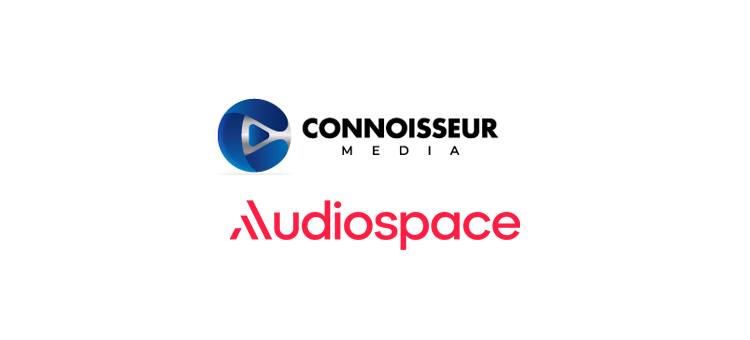
Smart Speakers vs. Radio: Friends or Foes?
February 22, 2020
By Patrick Mendonca
Have you ever seen Invasion of the Body Snatchers? It’s an old Sci-fi film with a handful of remakes where aliens slowly replace the people of earth one by one. The slow change of radio’s identity from AM/FM devices to the clutter of apps and accessories must have felt like an invasion for anyone in traditional radio. Too dramatic? Well, you would have to be a drama queen to believe that Smart Speakers have it out for the radio industry.
Let’s look at a few fun facts about Smart Speakers:
- 19% of radio streaming hours happened on smart speakers in 2019 – up from 9% in 2018. (Triton Survey)
- 55% of Smart Speaker owners are more interested in audio content after using their device. (NPR Study)
- That study also found that, “Listen to an AM/FM radio station” was the 7th most popular request. It just beats out, “Tell a joke” in the standings. More importantly, this __ local radio stations to voice on-demand content.
- Smart speakers see peak usage in the morning. (Comscore Study)
- People listen while they multitask at home. Smart Speakers are hurting tv while helping distribute radio. (NPR Study)
- Age doesn’t matter – every age group has equally adopted Smart Speakers. (convinceandconvert)
A growing number of radio listeners have already decided that their “radio” is a Smart Speaker. Therefore, one of the biggest mistakes a radio station can make is to forgo a presence on that platform.
Think of the best-case scenario for the future of radio: People start their day with their local radio station playing on a Smart Speaker. They keep listening during the commute by using their car radio or an app on their phone. Their favorite station is waiting for them at work on the radio, a desktop stream, or an app. Radio is always an option – it doesn’t lose by default.
Smart Speakers aren’t the enemy. It is the media conglomerates they bring to the table that cause problems. Amazon and Google benefit while not having to adhere to the same level of government oversight as radio stations. Ease of use is also hampered by TuneIn, a service that is used to connect station audio with smart speakers. They control the word “Play,” but often leave station information months out of date. This means that a listener saying “PLAY STATION CALL LETTERS” may get an error even if that station has done everything right. There are workarounds, but it is an unfortunate monopoly.
The relationship isn’t perfect. Are Smart Speakers friend or foe? More like, family.
Recent News

Deidra Lieberman Named Regional Manager of National Sales for West Coast
February 6, 2026

KUFO Returns to Portland After 15 Years
February 4, 2026

Sommer Frisk Named Market Manager for Palm Springs and Regional Manager for Anchorage and Salt Lake City
February 2, 2026

Bret Michaels Addresses Poison Anniversary Tour Money Dispute on Chaz & AJ in the Morning
January 28, 2026

Emily Harlan Rises To Music Director At San Jose’s ‘Bay Country.’
January 23, 2026

Connoisseur Media, Audiospace Team Up for Mass Digital Revamp
January 15, 2026

